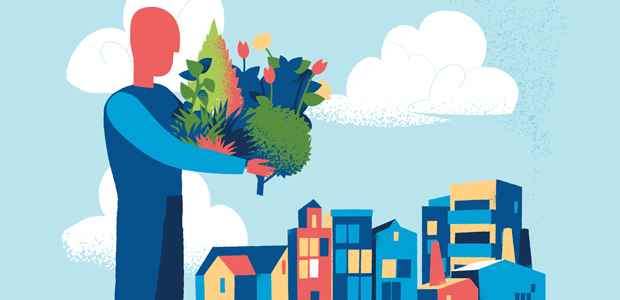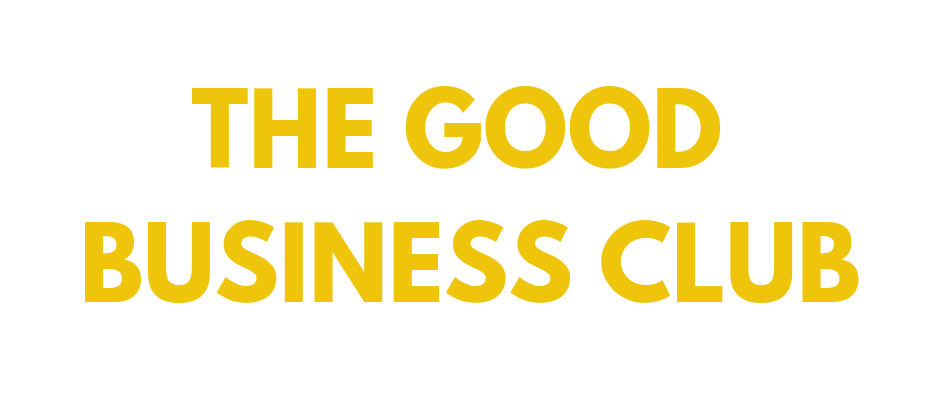
How nature can help you thrive through remote working
Our new-found, post-pandemic ability to work from home has certainly brought benefits for many of us. No more long commute, no more interruptions at your desk and the ability to work from anywhere...
But, over a year after the first stay-at-home order turned our lives and workplaces upside down, the reality of remote working isn’t always as happy and productive as we might have hoped. The reality of remote working for many of us is that, while we might have dropped the commute, the trade-off is a cramped desk in the corner of a bedroom, the loss of the ability to ever switch off and days when the front door is only opened to take in an Amazon delivery.
Without a clear break between home and work, we’re working harder. In one survey, 4 out of 5 people said they find it hard to switch off when working remotely, and nearly half say they feel less mentally healthy than they did pre-pandemic.
Part of the reason for this is that remote working has made many of us more disconnected from nature and its rhythms than ever before. We might, in theory, be able to take more time away from our desks to go for lunchtime walks, but how many of us are actually doing it?
And our need for nature is about more than simply being able to take a walk through the fields at lunchtime. It’s about having a genuine connection with natural, seasonal cycles.
Why being away from nature is bad for you
When we’re away from nature, we’re away from the world’s natural cycles: the daily cycle of light and dark, and the perpetual ecosystems that keep working through the weather and the four seasons.
Humans first evolved around 60 million years ago. Industrialisation is just a couple of centuries old. Widespread internet, without which modern remote working would be impossible, is two decades old.
In other words, we’re not anything like as adapted or evolved to suit a life lived digitally as perhaps we believe. Even the most committed urbanites among us are not all that far away from our ancestors who lived, not just in nature, but as part of it for millions of years. Our brains and bodies still crave connection with the natural world, even though we don’t always realise it.
We know that the changing seasons bring changes of mood and productivity. We’re programmed to respond to the natural world around us, even when we don’t actively spend much time in nature.
How to really connect with nature and why it matters
Working in an office every day, having chats over coffee, seeing the same commuters on the 7.37 train, going out for team lunches and after work drinks: all these things created a kind of ecosystem in itself. While these activities aren’t ‘natural’, they provided a natural cycle where things happened regularly in predictable ways and there were opportunities for connection with others constantly.
A life of Zoom calls and bedroom desks can’t replace that sense of being part of a community of collaborators. That doesn’t mean we should all be rushing back to the office, necessarily. But we have an opportunity to recognise and work with our primal need to belong to something bigger than ourselves.
Rather than fighting the need to take time away from our desks, we should be embracing the opportunity that remote working gives us to think differently about how and where we can connect and create. Rather than heading back into the office for an occasional meeting, take time out to spend in nature to problem-solve and collaborate in the very environment we’re evolved to be most productive in.
Because we know that time in nature increases productivity and creative thinking. One study took groups of people out into the wild for several days, testing their creativity and problem-solving skills before and after. They found a 50% increase in performance as a result.
At The School of the Wild, we take teams out into nature to work on focussed activities together. While building a campfire, or practising the ancient art of whittling, teams begin to refocus and really talk. Meeting simple physical challenges together, free of digital distractions, means you engage and cooperate in a way that even the most committed Zoom enthusiast can’t manage.


